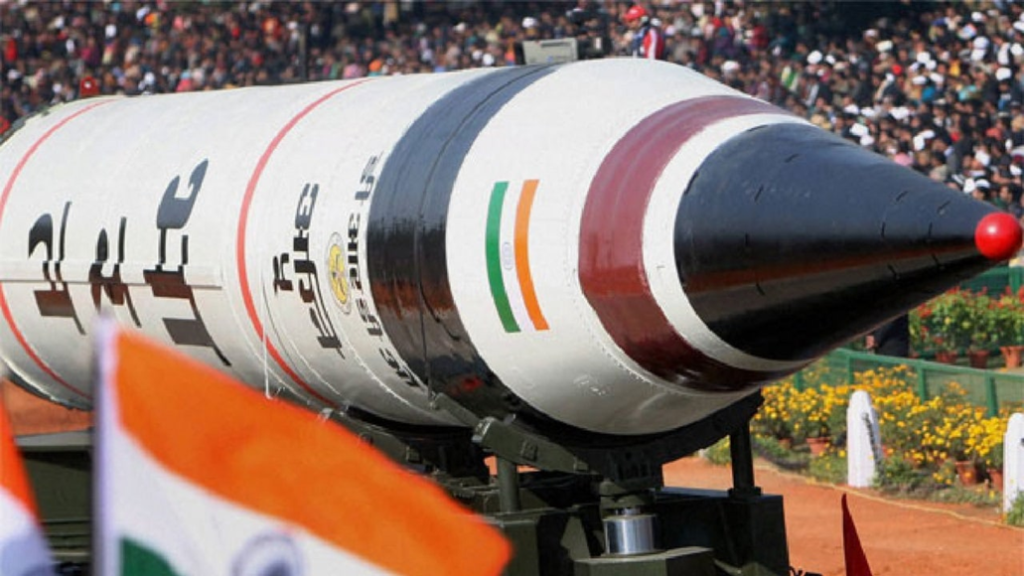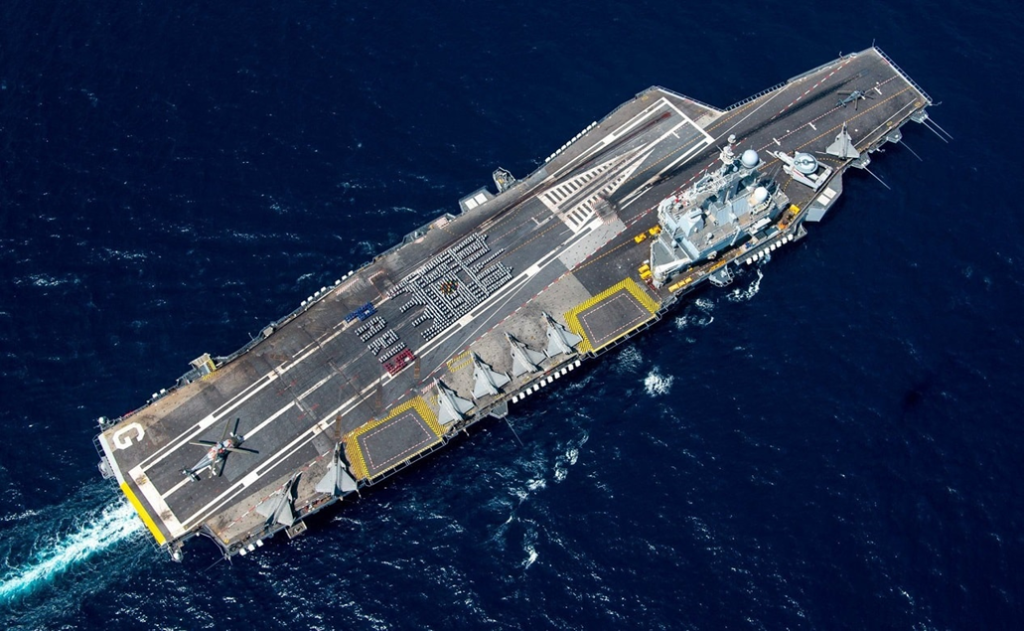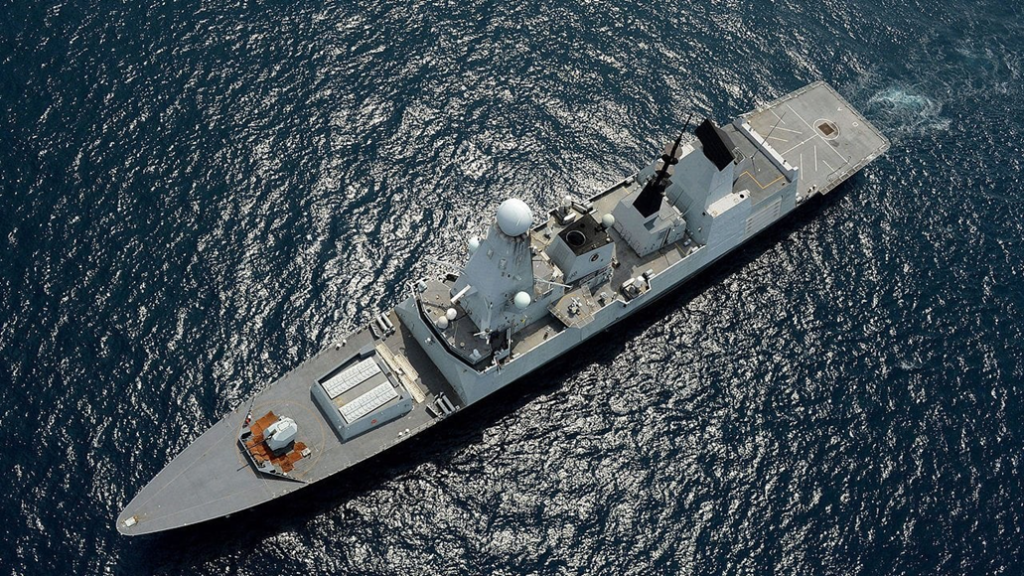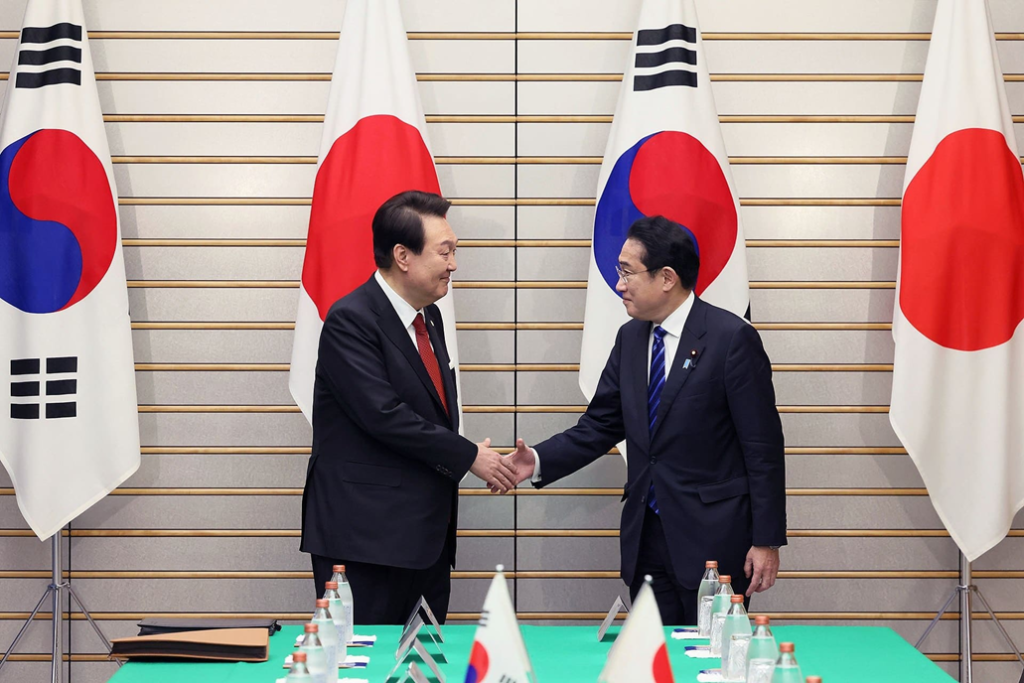Usually, at the beginning or end of a year, various organizations and experts indulge in the exercise of “global ranking” of the countries. These rankings differ from one another as the metrics of their respective rankings vary. One such ranking has been just released on who will be “The Eight Great Powers of 2025.” Here, the criteria for determining power have been economic heft and dynamism, social and political influence, political stability, and raw military capability.
The Eight Great Powers Of 2025
Why In News
- Usually, at the beginning or end of a year, various organizations and experts indulge in the exercise of “global ranking” of the countries. These rankings differ from one another as the metrics of their respective rankings vary. One such ranking has been just released on who will be “The Eight Great Powers of 2025.” Here, the criteria for determining power have been economic heft and dynamism, social and political influence, political stability, and raw military capability.
United States of America
- United States probably assumed the mantle of leader of the world’s great powers in 1918, when its military power began to expand rapidly and it began to take advantage of its massive size and sophistication of its economy.
- Since then, it is hard to argue that the United States has ever been displaced from the top spot.
- The United States has the world’s most sophisticated (not to mention expensive) defense establishment, and is the only country that can conduct expeditionary operations at a moment’s notice on every continent. The US alliance system, founded primarily on the transatlantic relationship (with Britain and Europe) and the transpacific relationship (with Japan, Taiwan, and South Korea) undergirds both America’s military and economic strength.
- Demographically, the United States faces an uncertain future (especially given growing anti-immigrant sentiment), but it is in a better position than nearly all of its major competitors.
- The key weakness of the US is its political system, which is archaic and has been racked by partisan conflict.
People’s Republic of China
- China has firmly established itself within the first rank of world powers, and yet there is reason for concern about the inevitability of China’s rise.
- China’s economic and especially demographic trajectories have trended mixed-to-negative over the past decade, with serious questions emerging about the robustness of China’s model.
- China’s political system has undergone a quiet revolution, with the rulership of one man replacing the committee model that had worked so effectively since the early 1980s. Overblown claims about China’s “one hundred-year plan” tend to omit or ignore the often brutal infighting between China’s political elites, a tendency that the rise of Xi Jinping has obscured but hardly eliminated.
- But much of this is quibbling. There is no question that China has become a first-rate military power. Although its technology lags behind that of the United States, the gap is shrinking.
- China has worked hard to bring its robust tech economy into harmony with its defense industrial base, an effort that has seen bumps but that has largely been successful. Moreover, since 1949 China’s great weakness has always been its lack of firm alliances. That weakness has not been eliminated, but it certainly helps that Beijing has taken advantage of the Russia-Ukraine War to bind Russia more tightly into its economic embrace.
- China’s slow, careful commercial expansion into Central Asia and Africa has also served to increase its strategic reach.
Russian Federation
- Russia is desperately hard to categorize in the lineup of great world powers. Having been a first-tier power since the Napoleonic Wars, despite hiccups in the 1920s and 1990s, Russia had seemed in the last two decades to carve something that approximated a path to maintaining its international relevance. Core to this was Russia’s vast size, resource wealth, and nuclear weapons arsenal.
- The invasion of Ukraine seemed poised to restore Russia’s international swagger. The failure of that initial attack and the grinding war of attrition that has followed have both highlighted Russia’s weakness and exposed its population and its economy to dreadful damage.
- Already in the midst of a demographic crisis, Russia has lost a huge number of young men at the front and to human flight. Sanctions are slowly bankrupting Russia’s economy, which has managed to provide for the war machine while enduring devastating long-term damage.
- Nevertheless, some of Russia’s advantages endure. Russia is immensely large with a profound natural resource endowment. Its population is old and sick but large and relatively well-educated. And Russia retains vast numbers of nuclear weapons, which have allowed it to carry on its war with Ukraine without much interference from the much wealthier Atlantic powers.
- If Russia is passing from the global center stage, it is not doing so quietly or easily.
Japan
- Japan is slowly re-establishing itself near the top rank of world powers. Long a major economic and financial power, Tokyo also seems to be breaking out of its post-war geostrategic slumber.
- Although plagued by high debt and sclerotic economic growth, Japan remains one of the world’s most technologically advanced countries, and Tokyo is increasingly linking the innovative aspects of its economy to its defense industrial base.
- The US-Japan alliance is no less than the second most important military pact in the world, cementing Japanese security and anchoring the American position in the Pacific. Japan also maintains critical economic and technological ties with Europe.
- Japan’s relationship with its neighbors is less positive, with its new strategic posture alarming the neighbors who suffered under Tokyo’s imperialism in the 1930s and 1940s.
- Nevertheless, Japan maintains critical economic relationships across the Asia-Pacific, including with competitors and “frenemies” such as China and South Korea. Like most of the other countries on this list Japan has a severe demographic problem, and has yet to align on a good strategy for preventing depopulation of a significant portion of the countryside. Still, Japanese power is an increasingly unavoidable reality in Northeast Asia.
India
- One of the few countries with a healthy demographic foundation, India has over the past two decades begun to find its feet as a great power. The Indian economy has largely escaped the (complicated) “Hindu rate of growth” period, and is expanding at a rate higher than any country on this list.
- India’s relatively open political system has allowed it to give a home to innovative technology firms, tightly linked with the global economy and increasingly able to throw their weight around.
- In military terms, India trails China substantially but has strong relationships with Britain, France, the United States, and Russia that give it access to the most modern technology.
- Of course there are problems. India remains too closely linked with Russia in defense issues, a relationship that even Indians are beginning to realize represents more of a burden than an asset.
- Parts of India’s economy remain sclerotic and impoverished, generating political and social unrest. Pakistan continues to exert an inordinate influence on India, distracting New Delhi from broader international influence. Finally, the soundness of India’s democratic institutions have frayed at the edges, although the country remains more democratic than Russia or China.
France
- With a national commitment to maintaining its international prestige that is only comparable to that of Russia (albeit with considerably different means), French leadership has long played a savvy and opportunistic game to ensure that the most critical issues on the world stage cannot be answered without input from Paris.
- Maintaining prominence is a choice, and often an expensive one. France has lost the position in the Sahel that it had held for nearly two centuries, driven out by residual anti-colonialism and local frustration with imperial interference.
- France’s demographic position is okay relative to its competitors, but not great from an absolute standpoint. French politics remain as charged and caustic as ever, with tensions over religion and immigration coming to dominate the scene.
- Yet, in some ways, France is in the strongest position it has enjoyed for a century. With Brexit, France is now the driving force in the European Union. The Russia-Ukraine War has poisoned relations between Russia and Europe, removing Moscow as a potential counterbalance.
- And France still has its nuclear arsenal. It still has expeditionary military capabilities. It still has intelligence gathering and synthesis capabilities apart from the United States.
- Finally, it still has a robust defense industrial base, with strong export relationships across the world. France, like Russia, never quite lets the door close on its dreams of primacy.
United Kingdom
- Brexit is one of the three great geostrategic mistakes of the 21st century, taking pride of place with the US invasion of Iraq and Russia’s invasion of Ukraine. The British economy is weaker than it has any right to be, and the political system suffers from dysfunction and residual separatism in Scotland and Northern Ireland.
- British military, while technologically advanced and still powerful, has suffered from a decade-long funding crisis, a crisis that has yet to sort itself out.
- Nevertheless, the United Kingdom continues to hold a degree of the primacy it has maintained for nearly three centuries. The British economy may be disappointing, but it is not weak; the United Kingdom is a wealthy country.
- The British defense industry remains robust and continues to wield more financial power through the City of London than a handful of competitors. The UK retains the friendship of the United States even during times of partisan political strife and also has strong political ties with Paris.
- Even at this late date, the Commonwealth is an asset for London, giving the UK influence in North America and across the Indo-Pacific.
- Finally, the British nuclear arsenal, like France’s, puts some distance between London and its closest competitors.
South aKorea
- The eight position on this list could go to any one of several countries. Saudi Arabia, Turkey, Brazil, and Germany are all plausible answers, with Malaysia, Indonesia, Pakistan, and Canada not far from the mix. The Republic of Korea (ROK) gets the nod this year, as it has become a pivotal player in several areas critical to global security.
- South Korea has built an innovative, successful economy around the integration of its industries with its larger neighbors and with the United States.
- It is building a large military capable of expeditionary operations, and still has a defense industrial base capable of manufacturing the basic logistical requirements (artillery shells) for conducting a major war. Unlike Japan, South Korea has positioned itself as a pivotal arms exporter, competitive for markets with the United States and the Europeans.
- Finally, South Korea is perhaps the most likely state to join the nuclear club in the not too distant future, although taking that step would be fraught with danger. In short, the Republic of Korea is a rising power, increasingly prominent in global security and economic affairs.






















